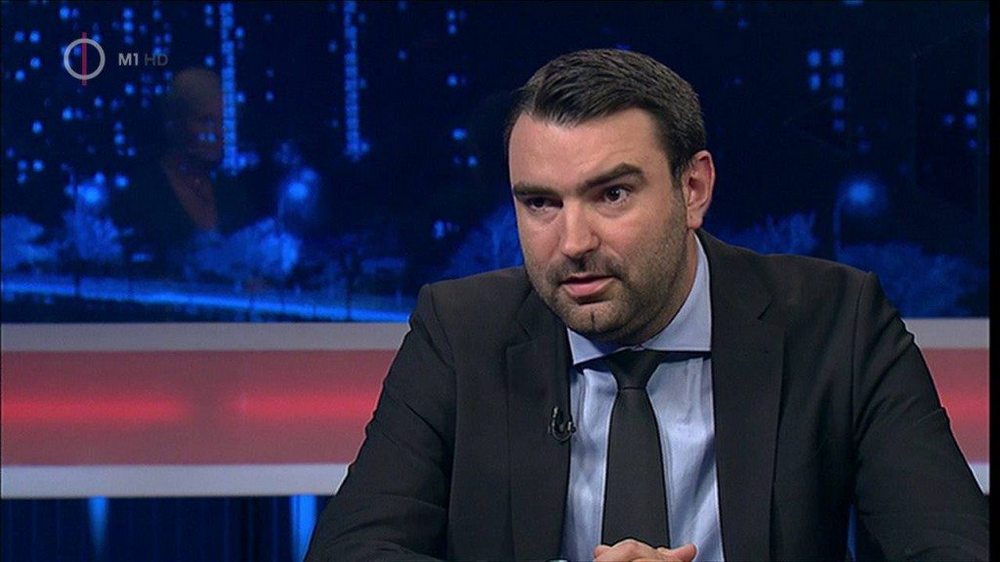Returning to the resolution, in which the Parliament stated, among other things, that it encourages the Commission and the Member States to
pursue awareness-raising activities that sensitize the EU population to diversity and promote all forms of peaceful expression of minority cultures;
encourages Member States to include the history of national and ethnic minorities in their curricula and to promote a culture of tolerance in their schools; encourages the Commission and the Member States to initiate cultural dialogues on the various forms and manifestations of hatred against minority groups, including in, but not limited to, schools; encourages Member States to ensure that non-discrimination and the history and rights of persons belonging to minorities are mainstreamed in the components of their national education systems.
They also emphasize that the European Union is a mosaic of cultures, languages, religions, traditions and history, which forms a community where different citizens are united by their common core values and that this wealth of Europe does not survive on its own and must be protected and nurtured . The document also confirmed that indigenous peoples should not be discriminated against in the exercise of their rights, and that they have the right to the dignity and diversity of their culture, traditions, history and aspirations, which should be reflected in education and public information.
In relation to language rights, it was stated that language is a fundamental element of the cultural identity and human rights of minorities and
promote the right to the non-discriminatory use of minority languages in private and public spaces in areas where a significant number of persons belonging to minorities live, to ensure that languages can be passed on from one generation to another and to protect linguistic diversity within the Union .
In this regard, Parliament called on the Commission to strengthen its plan to promote the teaching and use of regional languages within the Union as a potential tool to combat discrimination on linguistic grounds and to support linguistic diversity and recalled that mutual understanding and one way to promote recognition is to promote the knowledge of minority languages among people who are not members of the minority in question.
More than a year ago, President Klaus Iohannis and Prime Minister Nicolae Ciuca took into account the successful consequences of Romania's accession to the EU in their messages published on the 15th anniversary of the accession in 2007, according to press reports.
It is perhaps not by chance that Johannis did not address the results achieved in connection with the protection of minorities, especially the rights of the Hungarian minority in Romania.
For example, the language law restricting minority rights, the Romanian nationalist manifestations experienced in connection with the Úzvölgy military cemetery, or the excessive hysteria related to the map of historical Hungary, all contradict the basic values of the European Union. Most recently, the President of the Republic's post on social media - quoting from the Székely national anthem born in 1921 - triggered extreme nationalist expressions, this time, among others, from the Romanian foreign ministry.
In light of all this, we can only hope that Romania will take it to heart, and the European Parliament will want to enforce its position declared and adopted five years ago, according to which
"the protection and promotion of minority rights is fundamental to the establishment of peace, security and stability, the promotion of tolerance, mutual respect and understanding, and the promotion of cooperation between all persons living in a given area".
Source: Alaptorvenyblog.hu
Photo: hirado.hu












